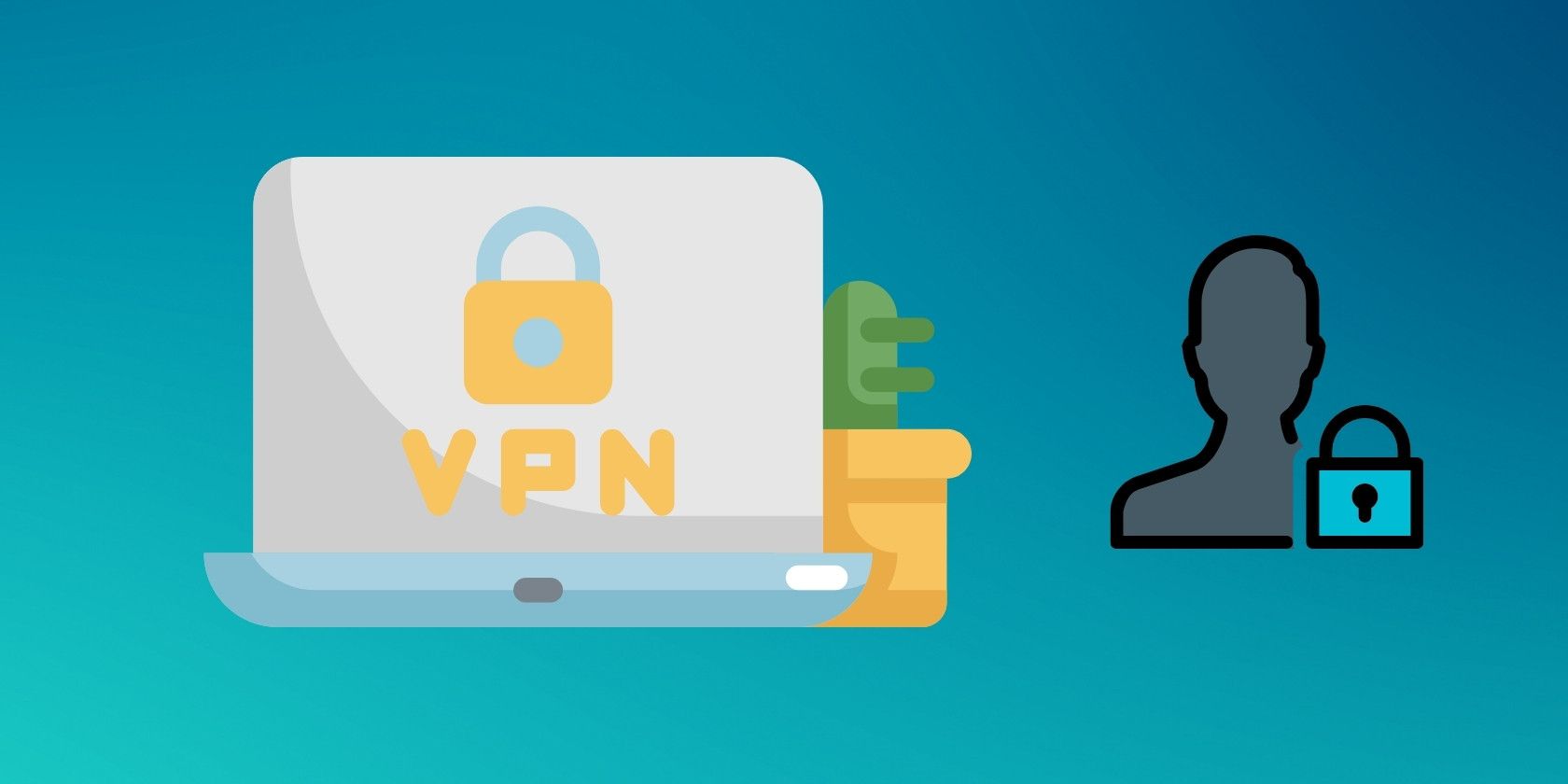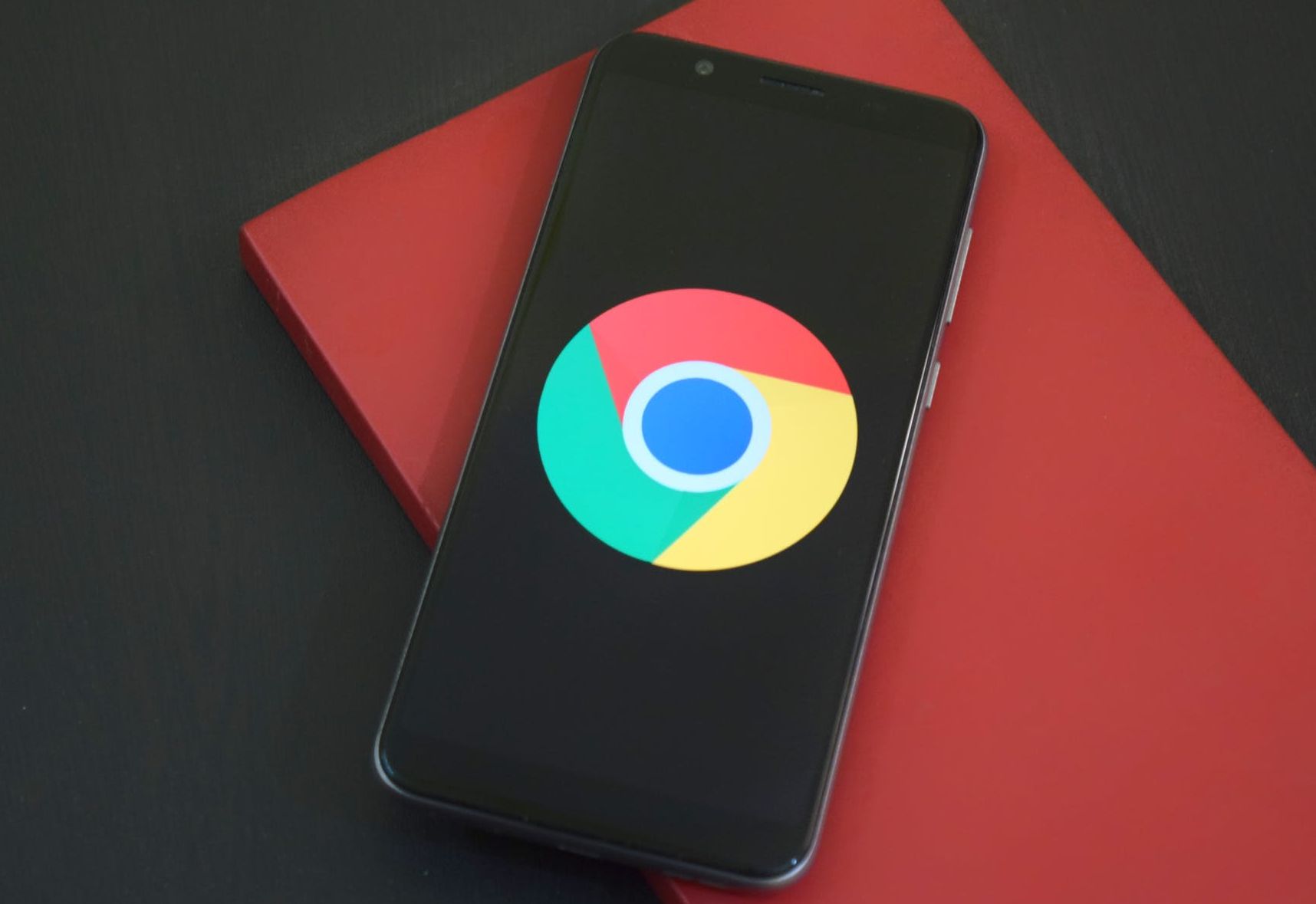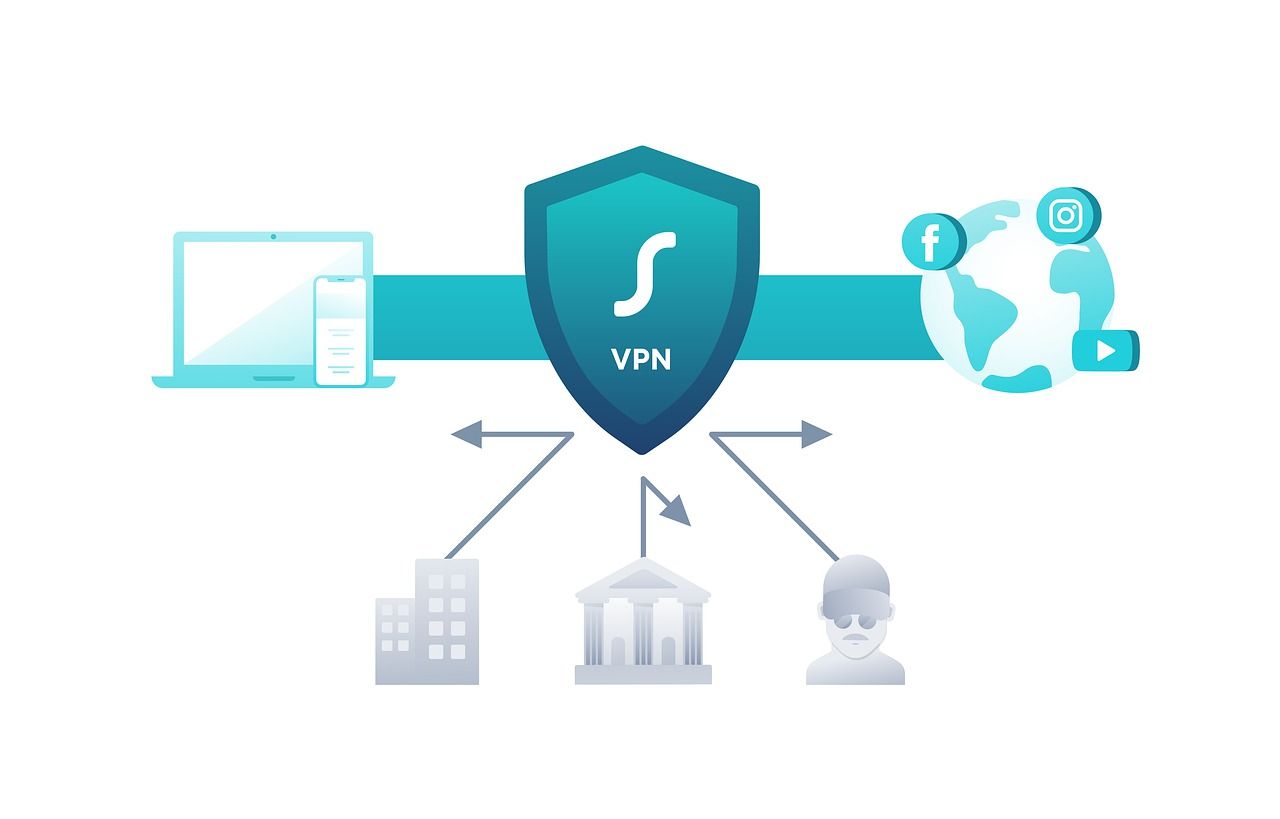Choosing between a VPN (virtual private network) extension or the client app for your device can be a little tricky, as the difference between the two might not be clear. Users always ask about the differences between a VPN app and a browser extension and whether they should prefer one over the other.
What are the pros and cons of a VPN extension versus a VPN client app? Which one best suits your needs? Let's find out.
What Is a VPN Extension?
A VPN extension is a simple plugin or add-on used to make a quick VPN connection. It’s user-friendly and only works on the browser without affecting the rest of the traffic coming to or from your device. It’s a lightweight version of a VPN app and operates only at the browser level.
What Does a VPN Extension Do?
Just like a VPN app, a VPN extension hides your actual IP address and keeps your browser activity anonymous.
Once you install a VPN extension on a browser, such as Chrome or Firefox, it only affects the internet traffic on that browser. VPN extensions do not affect other activities such as gaming, torrenting, or using other apps on the device.
For example, when you add a VPN extension on Chrome, the extension safeguards all your internet activity on the Chrome browser. When you leave Chrome and launch an application like Skype, the private connection ends there. Your VPN Chrome extension won't protect your communication on Skype.
The Pros of Using a VPN Extension
If you are relying on a browser extenion for VPN access:
- VPN extensions are lightweight and fairly easy to use.
- VPN extensions are usually free, which gives them an advantage over client apps.
The Cons of Using a VPN Extension
There are downsides to VPN extensions and add-ons:
- VPN extensions are typically slower than VPN desktop apps.
- They only protect browser traffic, which may leave personal information on the device vulnerable to cybercriminals.
- VPN extensions are less secure, and most of them don’t actually encrypt your connection.
- Most free VPN browser extensions purposely track user browsing habits and sell personal information to third-party advertisers. This is how they keep their service up and running.
What Is a VPN Client App?
A VPN client app is a standalone VPN application that creates an encrypted tunnel between your device and a remote server. After connecting to the VPN, everything you do on the internet passes through this encrypted connection, keeping your data safe from prying eyes.
Unlike a browser extension, a VPN client app secures all your internet traffic, regardless of the browser you use. Most VPN apps use strong encryption protocols that ensure complete privacy and anonymity.
The Pros of Using a VPN Client App
Thinking a VPN client is a smarter option? Consider these points:
- VPN apps use strong encryption protocols that secure your entire internet traffic.
- They usually offer multiple server locations that are regularly maintained for quality.
- VPN apps provide secure and reliable connections with minimal reduction in speeds.
- Contrary to VPN browser extensions, VPN apps support multiple simultaneous device connections, so you can protect more than one device with a single account.
The Cons of Using a VPN Client App
VPN client apps have their downsides:
- VPN services usually charge a fee, either a one-time payment or a subscription, since they have to run a network of servers that are expensive to maintain.
- VPN apps may require time and knowledge to install on some devices. However, reputable VPN vendors now have customer service specialists to help their users.
Final Verdict: VPN Extension vs. Client App
As you can see from the discussion, both VPN extensions and client apps have advantages and disadvantages.
If you’re looking for a tool that encrypts your entire internet traffic, you should use a VPN client app. However, if you only want to mask your IP for casual browsing without the bother of installing an app on your device, then a VPN extension makes more sense.
Before you commit to a VPN, do your research and make sure that you're acquiring services from a genuine VPN vendor.



